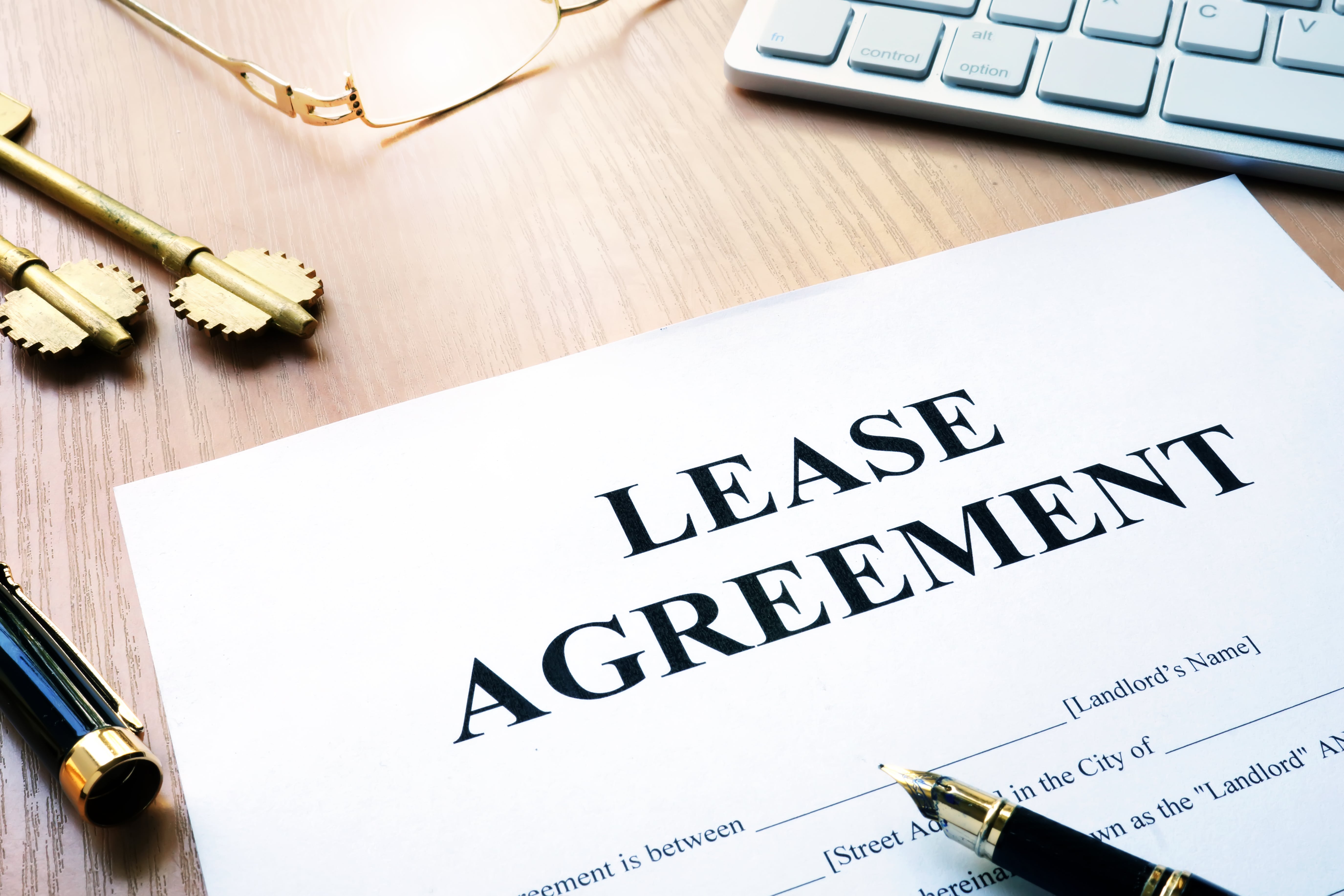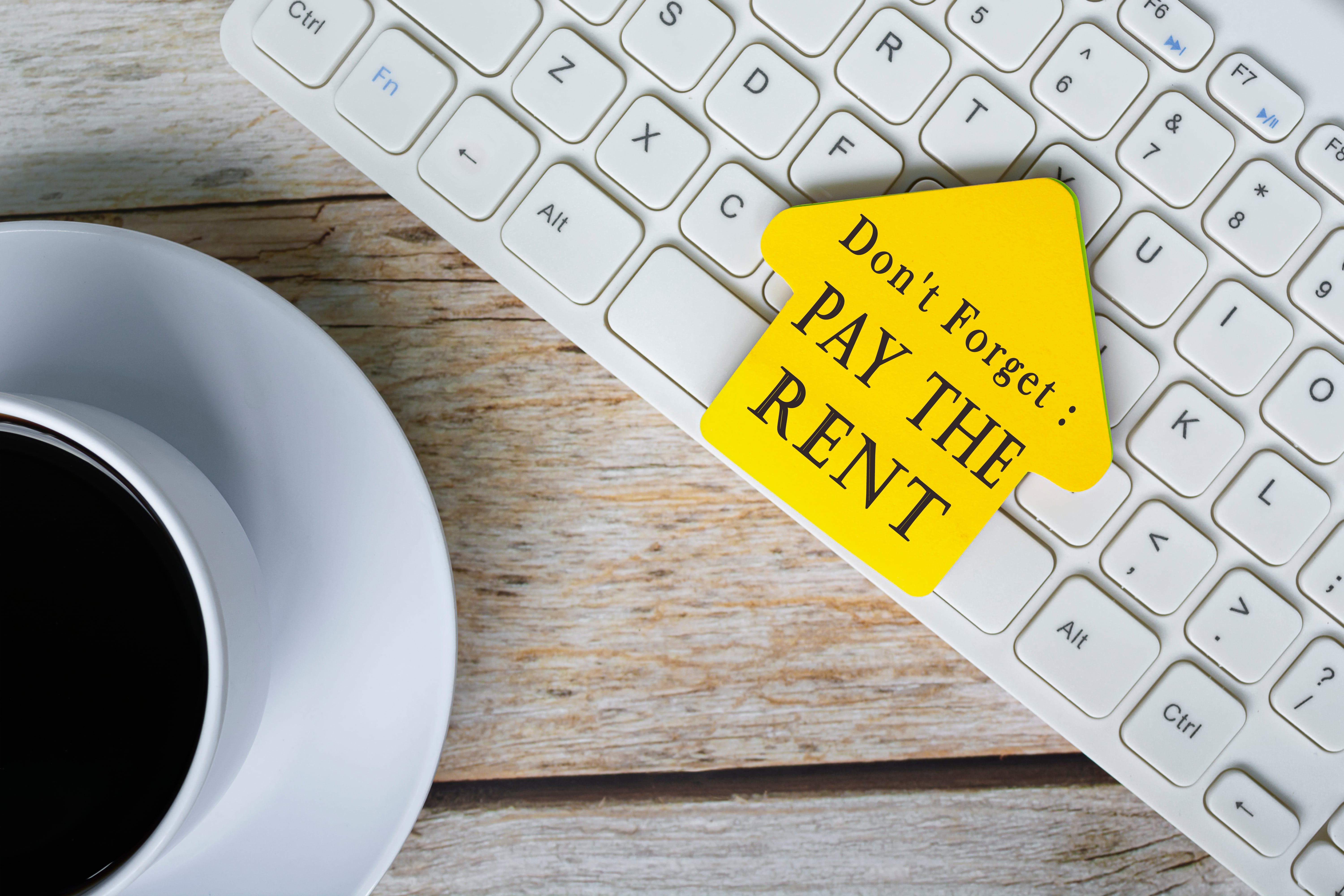Last updated: September 19, 2025
How to Clean Up Your Rental History: A Step-by-Step Guide
📌 Table of Contents

Your rental history is a critical part of your tenant profile. It shows potential landlords how responsible you’ve been with previous rental agreements. A clean rental history can boost approvals, while issues like late payments, evictions, or disputes can raise red flags.
Even if your record isn’t perfect, you can check, clean up, and improve it. Here’s how.
What Is a Rental History?
Your rental history report typically includes:
- Previous addresses
- Lease start and end dates
- Payment history
- Late or missed rent payments
- Lease violations or complaints
- Eviction records
- Landlord references or comments
This information is gathered by tenant screening services and helps landlords evaluate reliability.
Why Rental History Matters

Landlords use your rental history to predict future performance. Even with a strong credit score and income, a poor rental history can hurt your application. A clean record can:
- Help you secure competitive units
- Reduce your required security deposit
- Speed up application approvals
- Build trust with new landlords
How to Check Your Rental History

1) Use a Tenant Screening Service
Access your rental history report via:
- RentSpree
- Experian RentBureau
- CoreLogic SafeRent
- MyRental (TransUnion)
2) Request Records from Your Landlord or Property Manager
- Rental verification form
- Reference letter
- Lease copies and payment receipts
3) Review Your Credit Report
Items like evictions or collections may appear on your credit. Get a free copy at AnnualCreditReport.com.
Step-by-Step: How to Pull and Review Your Rental History
- Choose a provider (RentSpree, MyRental, etc.)
- Create an account and verify your identity
- Access & download the report for your records
- Review carefully:
- Personal details (name, SSN, current address)
- Previous rentals + landlord contacts
- Rent amounts and payment history
- Any evictions or negative notes
Common Errors in Rental History Reports
- Wrong move-in/move-out dates
- Incorrect payment status
- Duplicate listings
- Entries that belong to someone else
- False eviction reports or damage claims
How to Dispute Rental History Errors

Step 1: Gather Proof
- Lease agreements
- Payment confirmations or bank statements
- Communications with landlords (emails, texts)
- Receipts for repairs or returned deposits
Step 2: Contact the Reporting Company
Submit their dispute form with documentation.
Step 3: Contact the Landlord (If Needed)
Request a written correction to the screening agency.
Step 4: Follow Up
Expect a response within ~30 days. If not resolved, escalate or seek legal help.
How to Improve Your Rental History

You might not remove every negative item, but you can build a stronger file:
Timely Rent Payments
Use autopay, reminders, or apps to pay on time every month.
Maintain Communication
If issues arise (job loss, emergency repairs), notify your landlord early and propose a plan.
Fix Past Disputes
Settle balances with past landlords; ask for updated records or a positive reference.
Keep Good Records
- Rent receipts
- Lease agreements
- Maintenance requests
- Communication logs
Resources for Rental History Management
Free & Paid Services to Check Your Rental History
Tools to Help Improve or Clean Records
- Credit repair (for rent-related collections)
- Nonprofits that assist tenants with eviction records
- Legal aid services in your state
Final Thoughts on Repairing Your Rental History

Your rental history plays a big role in where you can live. Keep it clean, check it regularly, and fix errors. With the right tools and awareness, you can control your rental reputation—and unlock better housing opportunities.
Looking to rent with Allegiant Management Group?
Review our rental criteria and explore available properties.
Frequently Asked Questions (FAQs) - Cleaning Up Your Rental History
How can I check my rental history for free?
Contact previous landlords or request your free credit report. Some platforms (e.g., RentSpree) may offer free tenant profiles.
How long do negative marks stay on a rental history report?
Evictions and collections can remain for 7 years; dispute inaccuracies and request updates once resolved.
What if I have no rental history?
Provide alternative proof (utility bills, co-signer, references). Build history with smaller rentals or subleases.
Do all landlords report to rental history databases?
No. Not all landlords use screening services—another reason to contact past landlords directly for accurate records.
Will an eviction automatically show up on my credit report?
Only if it involved a court judgment or was sent to collections; otherwise it may appear only in tenant screening databases.
Disclaimer: Information is for general educational purposes and not legal advice. Screening criteria vary by landlord and jurisdiction.



